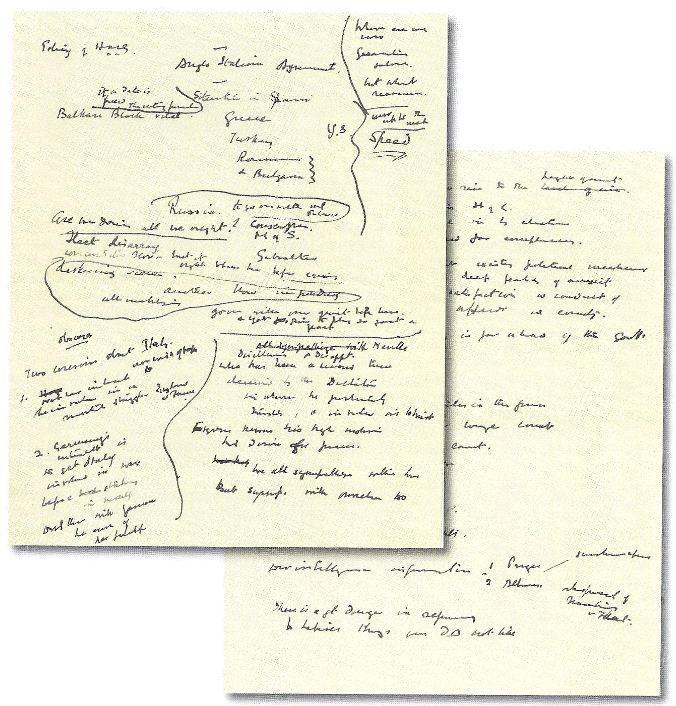Historical Treasures from the Raab Collection
- by Michael Stillman

Historical Treasures from the Raab Collection
Item 5 is a most revealing letter from President Lyndon Johnson, dated May 15, 1964, to James Wilson Storer, Executive Secretary of the Southern Baptist Convention. Johnson, a Texan with a reputation as one of the greatest backroom politicians ever, was an unlikely candidate to be the champion of civil rights, but he was a man who rose far above his background when he became President after John Kennedy was assassinated. Primary opposition to a civil rights bill came from Johnson's fellow southern Democrats. Johnson's use of arm twisting of those southern senators is legendary. Johnson also went to the heart of the opposition, the Southern Baptists, and used his persuasive skills to at least neutralize their resistance. In his speech, he appealed to their better instincts, or perhaps, by expressing his “confidence” they would support the moral side, made it difficult for his audience to actively oppose him. As Johnson wrote, “I am confident you would not expect or want me to be deterred from stressing such moral elements...” and suggests support by the Convention of the Civil Rights Commission would help establish “justice and righteousness in our society.” Undoubtedly, many in the Southern Baptist Convention would have been happy to deter Johnson from his goal, but once the President expressed the issue in moral terms, and expressed it as an assumption that they would follow the moral road, it made it very difficult for them to oppose him. $10,000.
Item 16 is an appointment certificate from President Richard Nixon, signed only two days after taking office in 1969. It appoints Henry Cabot Lodge as his Personal Representative to the Paris talks with North Vietnam, seeking to reach an agreement to end that terrible war. Lodge was certainly closely associated with Nixon. He had been Nixon's running mate when he sought the presidency in 1960. Nixon had hoped the moderate Lodge from Massachusetts would provide the necessary balance for his more conservative reputation. It almost, but not quite, worked. However, with the Vietnam War being the major national issue when Nixon became President, it is not surprising that he turned to his old running mate. Ultimately, the 1969 talks produced no results, and the war dragged on until 1973, when the U.S. essentially just withdrew. In 1969, President Nixon was still intent on a resolution that would maintain South Vietnam's independence from the North, something the North was not about to accept as they believed time was on their side. $26,500.
The Raab Collection may be reached at 800-977-8333 or questions@raabcollection.com. Their website is www.raabcollection.com.